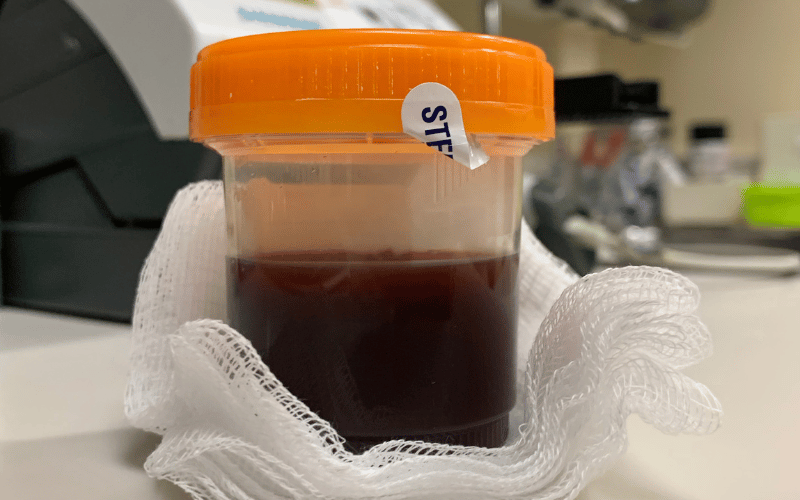Introduction: Understanding MPGN and its Impact

Membranoproliferative glomerulonephritis (MPGN) is one of those medical terms that might sound foreign to many. However, delve a little deeper, and one realizes the significance of this renal disorder in the context of overall health. While it remains relatively uncommon, MPGN’s impact on those affected is undeniable, making early diagnosis and treatment crucial. This kidney disease has perplexed many in the medical community due to its multifaceted nature and varying presentations.
The kidneys play a pivotal role in maintaining the body’s internal equilibrium. From balancing electrolytes to filtering out waste products, they are the silent workhorses of our physiological system. When conditions like MPGN emerge, they disrupt this delicate balance, leading to a cascade of symptoms that, if unchecked, can escalate to severe health complications.
Interestingly, while MPGN primarily affects the kidneys, its symptoms can manifest in various parts of the body. The interconnectedness of our bodily systems ensures that a disturbance in one area can have ripple effects elsewhere. Hence, understanding MPGN isn’t just about knowing what’s happening in the kidneys, but about comprehending the holistic impact on the body.
In this detailed breakdown, we’ll navigate through the ten primary symptoms of MPGN. By the end, not only will you be more informed about each symptom, but you’ll also appreciate the importance of early detection and intervention.
Symptom 1: Hematuria (Blood in Urine)

Hematuria is an early and conspicuous sign of MPGN. At its core, hematuria signifies the presence of blood in one’s urine, and it is often the symptom that drives individuals to consult a physician. When a person first observes their urine turning from its usual pale yellow to a pinkish or deep red hue, alarm bells rightly sound.
What’s causing this? The kidneys, two bean-shaped organs responsible for filtering waste from our blood, are not functioning as they should. Instead of retaining the red blood cells, these essential cells end up in the urine. The kidneys’ glomeruli, tiny filtering units, might be damaged, leading to this anomaly.
Beyond just the visual scare, hematuria can be indicative of a more profound dysfunction at the microscopic level. The kidney’s minute structures are experiencing changes, potentially threatening the organ’s overall efficacy.
But it’s crucial to remember that hematuria isn’t exclusive to MPGN. Various conditions, ranging from urinary tract infections to kidney stones, can also result in blood in the urine. However, in the context of MPGN, hematuria can be a defining early symptom. (1)